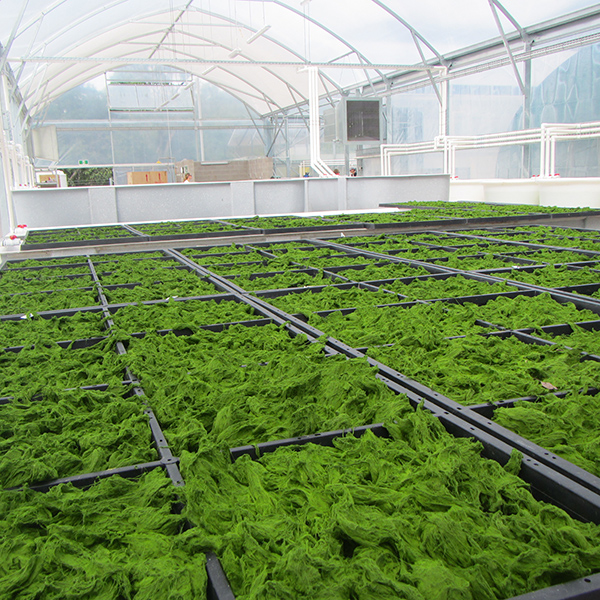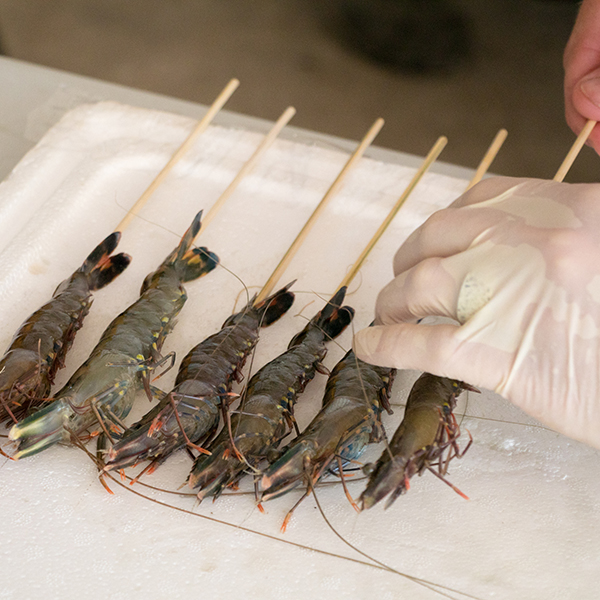MARF Research
Research
- Future Students
- JCU Global Experience
- International Students
- Student life
- Open Day
- How to apply
- Pathways to university
- Living on Campus
- Courses
- Publications
- Mature students
- Scholarships
- JCU Families
- JCU Heroes Programs
- Aboriginal and Torres Strait Islander in Marine Science
- Elite Athletes
- Defence
- AI@JCU
- AALL
- Current Students
- Student Ambassador Program
- Updates to JCU Email Security
- New students
- JCU Orientation
- LearnJCU
- Placements
- EDQS
- Unicare Centre and Unicampus Kids
- Graduation
- Off-Campus Students
- JCU Job Ready
- Safety and Wellbeing
- JCU Prizes
- Professional Experience Placement
- Employability Edge
- Art of Academic Writing
- Art of Academic Editing
- Careers and Employability
- Student Equity and Wellbeing
- Career Ready Plan
- Careers at JCU
- Partners and Community
- Alumni
- About JCU
- Reputation and Experience
- Chancellery
- Governance
- Celebrating 50 Years
- Academy
- Indigenous Engagement
- Education Division
- Graduate Research School
- Research and Teaching
- Research Division
- Research and Innovation Services
- CASE
- College of Business, Law and Governance
- College of Healthcare Sciences
- College of Medicine and Dentistry
- College of Science and Engineering
- CPHMVS
- Anthropological Laboratory for Tropical Audiovisual Research (ALTAR)
- Anton Breinl Research Centre
- Agriculture Technology and Adoption Centre (AgTAC)
- Advanced Analytical Centre
- AMHHEC
- Aquaculture Solutions
- AMHRA
- JCU Digital Wellbeing Group
- ARCSTA
- Lions Marine Research Trust
- Australian Tropical Herbarium
- Australian Quantum & Classical Transport Physics Group
- Boating and Diving
- Clinical Psychedelic Research Lab
- Centre for Tropical Biosecurity
- Centre for Tropical Bioinformatics and Molecular Biology
- CITBA
- CMT
- Centre for Disaster Solutions
- CSTFA
- Cyclone Testing Station
- The Centre for Disaster Studies
- Daintree Rainforest Observatory
- Fletcherview
- JCU Eduquarium
- JCU Turtle Health Research
- MARF
- Orpheus
- TESS
- JCU Ideas Lab
- CNL
- TARL
- eResearch
- Indigenous Education and Research Centre
- Past Course and Subject Handbooks
- Estate
- Work Health and Safety
- Staff
- Discover Nature at JCU
- Cyber Security Hub
- Association of Australian University Secretaries
- Services and Resources Division
- Environmental Research Complex [ERC]
- Foundation for Australian Literary Studies
- Gender Equity at JCU
- Give to JCU
- Indigenous Legal Needs Project
- Inherent Requirements
- IsoTropics Geochemistry Lab
- IT Services
- JCU Webinars
- JCU Events
- JCU Motorsports
- JCU Sport
- Library
- Mabo Decision: 30 years on
- Marine Geophysics Laboratory
- Office of the Vice Chancellor and President
- Outstanding Alumni
- Policy
- PAHL
- Queensland Research Centre for Peripheral Vascular Disease
- Rapid Assessment Unit
- RDIM
- Researcher Development Portal
- Roderick Centre for Australian Literature and Creative Writing
- Contextual Science for Tropical Coastal Ecosystems
- State of the Tropics
- Strategic Procurement
- Student profiles
- SWIRLnet
- TREAD
- TropEco for Staff and Students
- TUDLab
- VAVS Home
- WHOCC for Vector-borne & NTDs
- Media
- Copyright and Terms of Use
- Australian Institute of Tropical Health & Medicine
- JCU Respect
- Pay review
MARF is James Cook University’s central facility for research and testing in aquaculture, marine biology, and algal studies.
At any one time, the facility supports a diverse portfolio of research projects including projects on various species of fin fish, coral, algae, crustaceans, squid, holothurians, molluscs and bivalves. Projects cover a wide variety of topics including physical effects of micro-plastic ingestion, physiological impacts of ocean acidification, optimisation of aquaculture diets, physiological adaptation and genetic improvement of aquaculture species.
Research within the Centre for Sustainable Tropical Fisheries and Aquaculture (CSTFA) focuses not only on the aquatic and aquaculture systems that produce food, but also the industries and communities that utilise them. Multidisciplinary collaborations between our researchers provide the synergies to address substantial research problems in a way that individual research groups cannot. The facilities at MARF are important to the delivery of our world-class research, with access to a semi-commercial size barramundi R&D facility, large tank space for semi-commercial trials, and the ability to manipulate environmental parameters for a multitude of species. Projects conducted at MARF include “Understanding the genetic basis of sex change in barramundi”, “Barramundi selective breeding”, and testing of food additives on growth and survival of black tiger shrimp”.
 The Centre for Macroalgal Resources and Biotechnology (MACRO) researches the possibilities of macroalgae for fuel, feed and fertiliser purposes requires large-scale aquatic environments for growing and testing. MARF provides the fully-supported outdoor and undercover facilities vital to around 75% of MACRO’s research and testing activities.
The Centre for Macroalgal Resources and Biotechnology (MACRO) researches the possibilities of macroalgae for fuel, feed and fertiliser purposes requires large-scale aquatic environments for growing and testing. MARF provides the fully-supported outdoor and undercover facilities vital to around 75% of MACRO’s research and testing activities.
MACRO, using the world class facilities at MARF has successfully developed the integrated production of marine and freshwater macroalgae to bioremediate nutrient waste from aquaculture, agriculture, municipal and industrial sources of waste water. Our research optimises macroalgal biomass production and bioremediation for wastes stream at a scale that is relevant to industry. The overarching goal is to provide a cost-effective option for nutrient bioremediation and a platform for sustainable and commercially viable macroalgal biomass production. Current research projects are focused on the end-product development of the algal biomass that is generated through bioremediation activities. A key area of product development is the creation of liquid biostimulant products for agricultural applications. These algal extracts have been demonstrated to enhance yields, promote health and increase the tolerance to abiotic stressors, such as extreme temperatures and drought stress.
For more information visit Our Researchers
